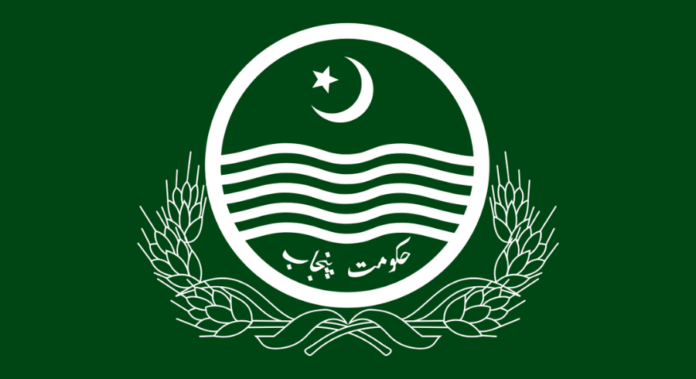Punjab Chief Minister Maryam Nawaz on Monday presided over a cabinet meeting that approved a wide-ranging 171-point agenda covering flood relief, economic adjustments and a series of new welfare and development initiatives. Among the economic measures, the cabinet reduced solar power tariffs by Rs2 per unit and cut the Rent-a-Car service tax to 15 percent. The Lahore Development Authority was directed not to impose taxes on beauty salons, while MBBS fees for overseas Pakistanis were fixed at $10,000 after a proposed increase to $20,000 was rejected. At the same time, it was decided that the MDCAT test would be mandatory for medical applicants from other provinces.
The session devoted significant attention to the aftermath of the 2025 floods, which damaged 4.67 million acres of crops across 27 districts and affected more than 4.7 million people. Relief operations rescued 2.6 million residents and 2.1 million livestock, while 417 camps were established across the province. From October 17, financial compensation will begin for affected families. The package provides Rs1 million for families of the deceased, Rs500,000 for permanent disability and Rs300,000 for partial disability. Homeowners will receive Rs1 million for completely destroyed houses and between Rs150,000 and Rs500,000 for partially damaged homes. Livestock owners will be given up to Rs500,000 for large animals and Rs50,000 for smaller ones, while farmers will get Rs20,000 per acre in cases of 25 percent crop loss. In addition, the provincial government decided to waive water rates and agricultural income tax in 2,855 flood-hit localities and to ban construction in riverbed zones.
Maryam Nawaz announced a Rs15,000 monthly salary increase for Civil Defence workers in recognition of their voluntary efforts during the flood crisis. She praised provincial officials, ministers and rescue teams for keeping fatalities at what she described as the “lowest despite the scale of destruction,” noting that entire cities including Narowal and Muzaffargarh had been inundated. She pointed out that 1.15 million victims received medical treatment during the floods, calling it a record achievement, and emphasised Punjab’s solidarity with other provinces, stressing that the province expected the same in return.
The cabinet also approved several new initiatives, including the launch of the Maryam Nawaz Ration Card pilot project in Lahore and an interest-free electric taxi scheme. Recruitment was cleared for 8,084 college teaching interns and new school interns, while new positions were sanctioned for 444 environmental law enforcement officials in 10 sensitive districts and 77 in the Punjab Transport Company. The judiciary will be expanded with 379 district and sessions judges and 872 civil judges-cum-magistrates. Under the “Khelta Punjab” programme, e-bikes will be distributed to athletes.
Further decisions included the extension of contracts for 14 employees in the Energy Department’s Reconciliation Cell, along with relaxed hiring rules for the Punjab Agriculture, Food and Drug Authority and the Counter Terrorism Department.
Looking ahead, the chief minister directed authorities to finalise anti-smog measures before the season begins and instructed all deputy commissioners to keep filtration plants functional, authorising NGOs to carry out repairs where needed. She turned down a proposal to expand staff in the Chief Minister’s Office, underlining that resources must remain focused on public priorities rather than administrative expansion.




